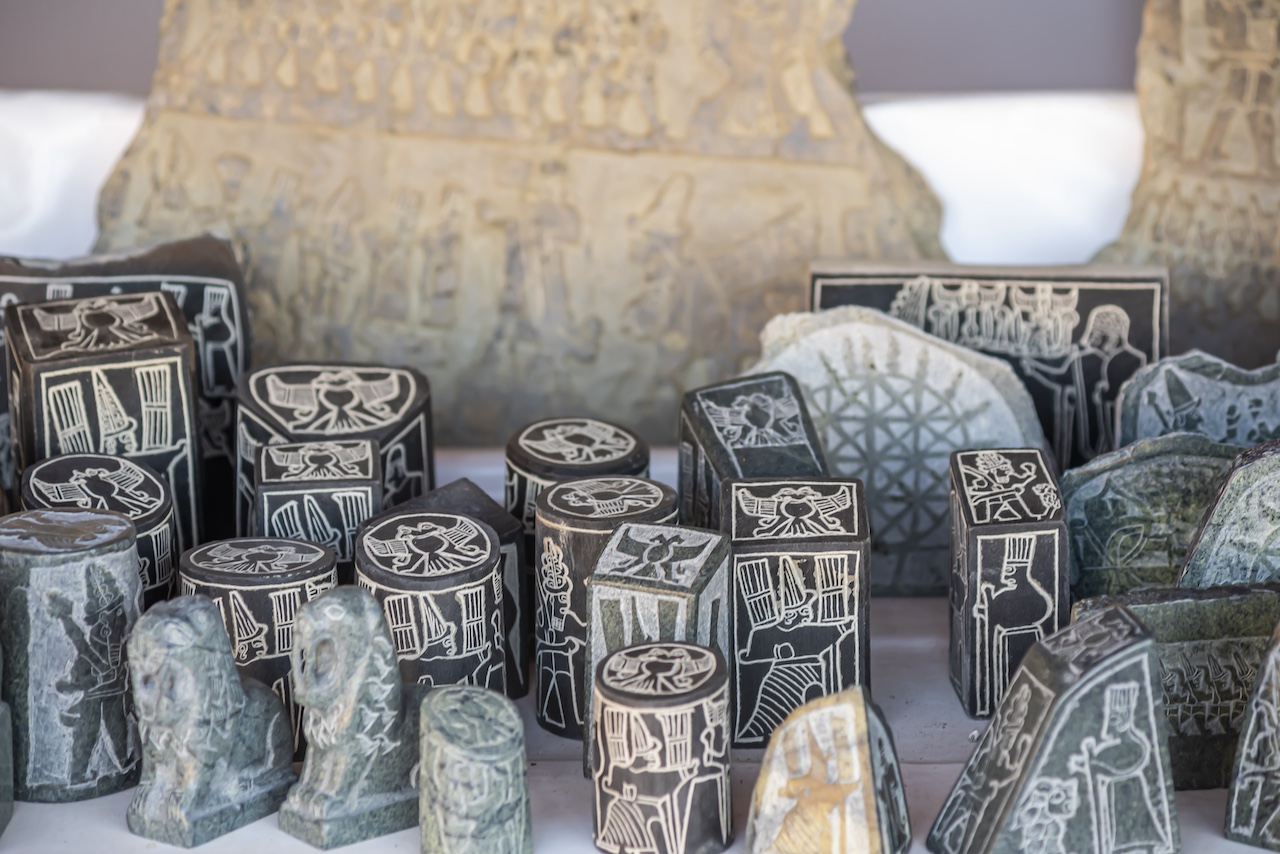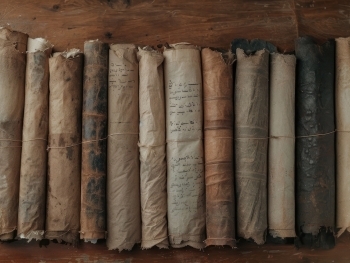- King Tutankhamun’s Mask
- This famous gold mask, found in the tomb of the Egyptian pharaoh Tutankhamun, represents the artistic achievements and funerary practices of ancient Egypt.
- Roman Laurel Wreath
- This ancient Roman wreath, made of gold and worn by victorious generals, represents Roman customs and the symbolism of victory.
- Shroud of Turin
- This ancient linen cloth, believed by some to bear the image of Jesus Christ, is a significant religious relic and subject of ongoing debate and research.
- Crown of Charlemagne
- This ornate crown, worn by Charlemagne and subsequent Holy Roman Emperors, represents the political and artistic achievements of medieval Europe.
- Beowulf Manuscript
- This ancient manuscript contains the epic poem Beowulf, providing valuable insights into early medieval literature and culture.
- Shakespeare’s First Folio
- This collection of Shakespeare’s plays, published in 1623, represents a milestone in English literature and provides insights into the theatrical practices of the time.
- Magna Carta
- This historic document, signed in 1215, represents a foundational moment in the development of constitutional law and provides insights into medieval English politics.
- Declaration of Independence
- This iconic document, signed in 1776, represents a foundational moment in American history and provides insights into the political ideals of the American Revolution.
- Rosetta Stone
- This ancient stone slab, inscribed with text in three scripts, represents a key artifact in the decipherment of Egyptian hieroglyphs and provides insights into ancient Egyptian civilization.
- Dead Sea Scrolls
- These ancient manuscripts, discovered in the Qumran caves, provide valuable insights into early Jewish religious practices and the textual traditions of the Hebrew Bible.
Historical Objects - Personal Items and Relics

Related Posts

Read More
In today’s financial world, one fact has become increasingly clear: traditional investing is no longer the only path to financial...
Read More

Read More
Hyperpigmentation is one of the most common skincare concerns—and one of the hardest to treat. Whether it’s acne scars, sun...
Read More

Read More
Codex Sinaiticus – Mark 16:1-8This ancient manuscript fragment contains the oldest complete text of Mark’s Gospel, providing critical insights into...
Read More

Read More
Galileo’s Sidereus Nuncius ManuscriptThis original manuscript of Galileo’s astronomical work Sidereus Nuncius provides insights into his scientific discoveries and the...
Read More